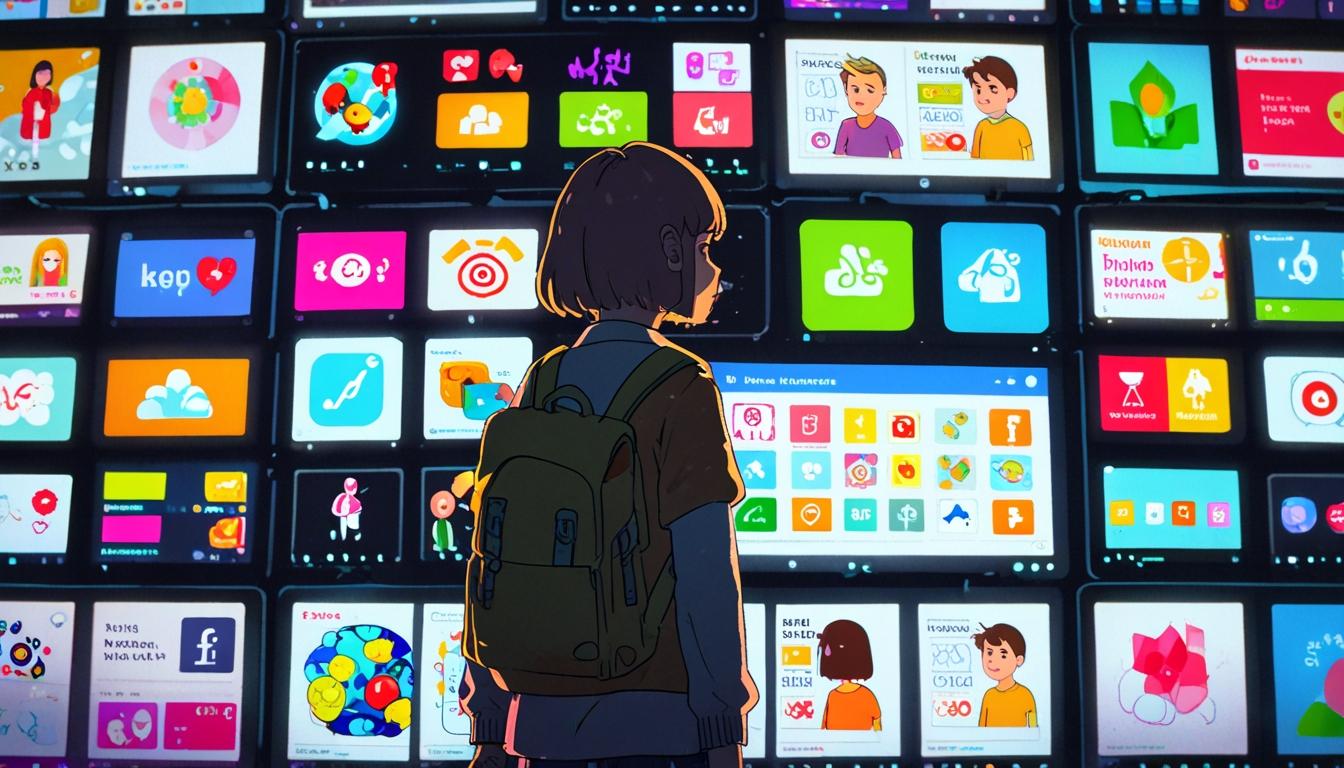In the UK, concerns are mounting over the rapid expansion of education technology—commonly termed “ed tech”—in primary schools, and its potential impact on children's mental health and learning. This issue has gained fresh attention amidst ongoing debates about children’s screen time and social media use.
Jonathan Haidt, an American social psychologist and author of the bestselling book The Anxious Generation: How the Great Rewiring of Childhood is Causing an Epidemic of Mental Illness, has been vocal about the effects digital technology is having on young minds. During his recent visit to London, Haidt highlighted the disturbing rise in early childhood exposure to digital devices, citing a statistic that “40 per cent of two-year-olds in the US have their own tablet,” a figure that elicited gasps from his audiences.
While many parents now understand the risks of young children owning smartphones—devices which provide access to unfiltered content such as bullying and pornography—they find themselves grappling with the growing presence of ed tech in schools. Despite parental efforts to reduce screen time at home, children are increasingly encountering technology in their classrooms.
London is identified as the largest ed tech hub in Europe, with the sector growing at approximately 5.5 per cent annually and projected to be worth over £9.5 billion by next year. Schools endorse ed tech as a modern, efficient way to enhance learning, and some postgraduates may indeed benefit from digital tools. However, the experience at the primary school level has raised concerns. For example, children as young as five use artificial intelligence characters to learn counting, while ten-year-olds submit essays to online platforms where peers grade them with emojis.
Critics argue that the widespread adoption of such technologies is producing negative educational outcomes. UNESCO published a 700-page report titled An Ed-Tech Tragedy? in 2023. The report observes a decline in global test scores in literacy, science, and maths since 2012, a period coinciding with increased tech use in classrooms. Sweden’s Karolinska Institute issued a 2023 statement saying: “There’s clear scientific evidence that digital tools impair rather than enhance student learning.”
While tech companies profit handsomely and amass children’s data, education experts cast doubt on the effectiveness of ed tech in developing critical skills. Some defenders advocate that videos can explain concepts better than pages of text. Yet, critics question whether the ability to concentrate on traditional reading material—a fundamental life skill—may be undermined by interactive digital distractions such as emotive AI features and gamified elements.
The pervasiveness of screens is not confined to private institutions. Academies and public schools boast about their cloud-based ICT platforms, with classrooms often characterised by multiple digital displays. The Netflix series Adolescence subtly draws attention to the omnipresence of screens in educational settings.
The trend toward gamifying learning accelerated during the Covid-19 pandemic and has not abated. This approach, critics say, creates “cheap dopamine hits” for children’s developing brains, akin to mental junk food. Concerns extend beyond academic performance, touching on vital socialization aspects integral to schooling, including conversation skills, conflict resolution, and emotional resilience—areas resistant to technological replication.
The Times highlights a growing unease among parents and educators over whether schools are being dazzled by technology or influenced by possible financial incentives from tech companies, paralleling controversies seen in other sectors such as pharmaceuticals. These dynamics raise questions about whether investments in technology might be better directed toward human teaching resources.
In summary, while ed tech promises innovative learning approaches, its rapid integration into primary education in the UK is generating debate about its impact on children’s cognitive development, mental health, and social skills. As this sector expands, discussions continue about the balance between technology use and traditional educational methods.
Source: Noah Wire Services
